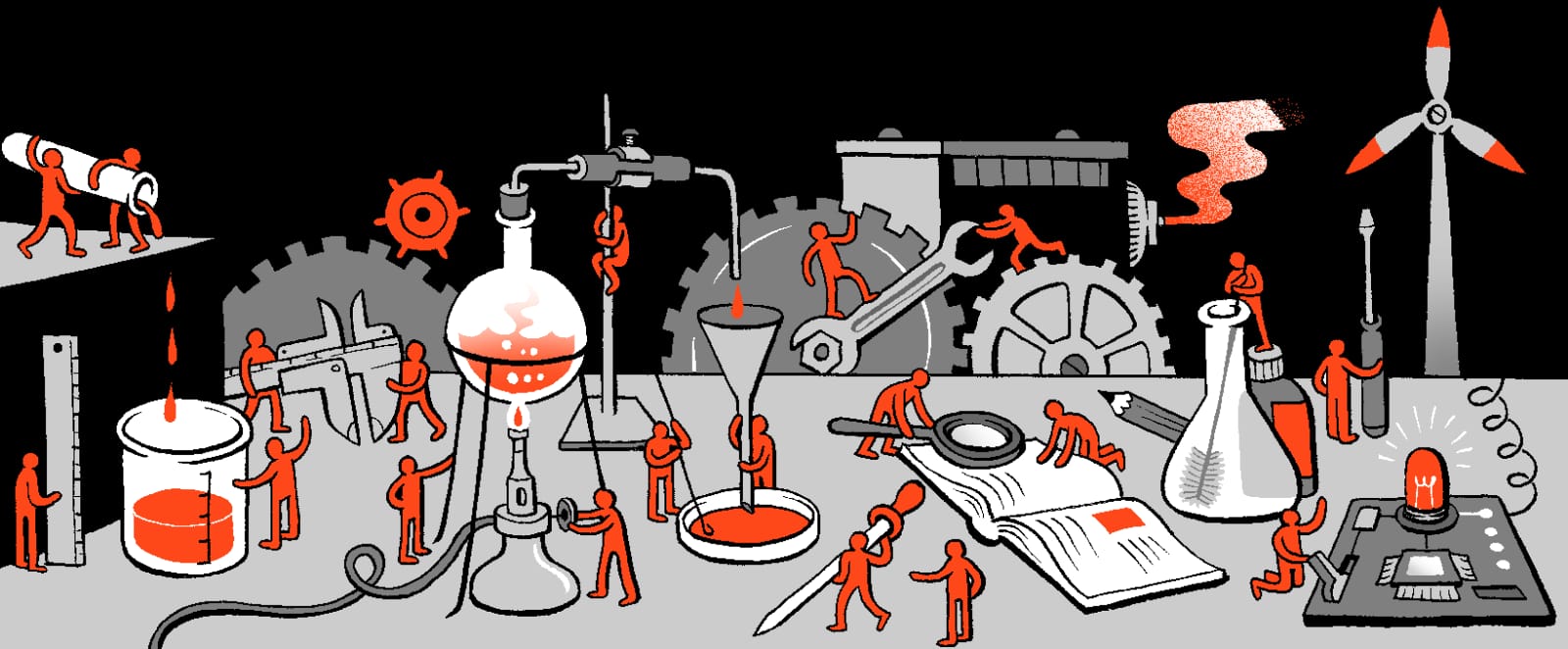
The Ideal of Science neutrality
Science is often viewed as a beacon of truth — objective, unbiased, and independent of human opinion. But should science be neutral? Or does neutrality mean silence in the face of social, political, and environmental injustices?
What Does “Neutral” Mean in Science?
Neutrality in science generally means conducting research without letting personal, political, or cultural beliefs influence the process or outcome. This neutrality is meant to guarantee credibility and trust. It emphasizes:
- Objectivity
- Evidence-based findings
- Freedom from bias
However, neutrality does not mean inaction. In fact, choosing not to speak on certain issues can itself be a biased decision.
Arguments For Scientific Neutrality
- Maintains Credibility️
Scientists who stay neutral are often seen as more trustworthy and focused on facts.
- Reduces Political Influence
When science gets too entangled in politics, it can be dismissed as propaganda.
- Encourages Open Inquiry
Neutrality ensures scientists remain open to multiple viewpoints without pushing an agenda.
- Science Has Real-World Impact
Discoveries aren’t made in vacuum. They are use in policy, education, medicine, warfare and more.
- Ethical Responsibility ️
Scientists have a moral duty to inform society, especially when lives or the environment are at stake.
Historical Examples
- Albert Einstein was not neutral. He spoke out against war and racism.
- Rachel Carson author of Silent Spring, risked her reputation to expose the dangers of pesticides.
- COVID-19 showed how essential it was for scientists to take clear, vocal positions on misinformation.
- During WWII, science was used to develop nuclear weapons. Though based on physics, its use was a political and ethical decision with massive human consequences.
- In the early 20th century, genetics(Eugenics Movement)was misused to promote racial superiority and forced sterilizations—showing how science can reflect harmful ideologies.
Modern Implications
In today’s world, remaining neutral can sometimes mean being complicit,Topics like:
- Climate Crisis:Climate change can be broadly defined as a significant alteration in the average weather conditions sustained over several decades or longer. This phenomenon comprises two primary components: natural climate variability and human-induced (anthropogenic) climate change.
- Artificial Intelligence ethics:While science is often viewed as neutral, the development and use of Artificial Intelligence reveal how scientific advancements are deeply shaped by human values, biases, and political choices.AI ethics reminds us that science is not neutral when its applications affect fairness, privacy, and human rights.
- Gene Editing and Biotechnology:Gene editing and biotechnology challenge the idea of science as neutral. Choices about modifying life—like editing human genes or GMOs reflect ethical, cultural, and political values, not just scientific facts.
Conclusion
The ideal of neutrality in science stems from Enlightenment values: rational inquiry, empirical evidence, and a clear separation from political or religious agendas. In theory, scientists gather facts, develop theories, and test Hypothesis without influence from the outside world. This neutrality is meant to credibility and trust.
References and further reading :
- UNESCO (2021). Recommendation on the Ethics of Artificial Intelligence.
- Longino, H. (1990). Science as social knowledge: Values and objectivity in scientific inquiry. Princeton University Press.
- Intergovernmental Panel on Climate Change. (2023). SynthesisReport. https://www.ipcc.ch/report/ar6/syr/
- Oreskes, N. (2004). The scientific consensus on climate change. Science, 306(5702), 1686.




What a deep and thoroughly reasearch !!
And detailed analysis shows great dedication..
Keep it up 🙂
Content is too good